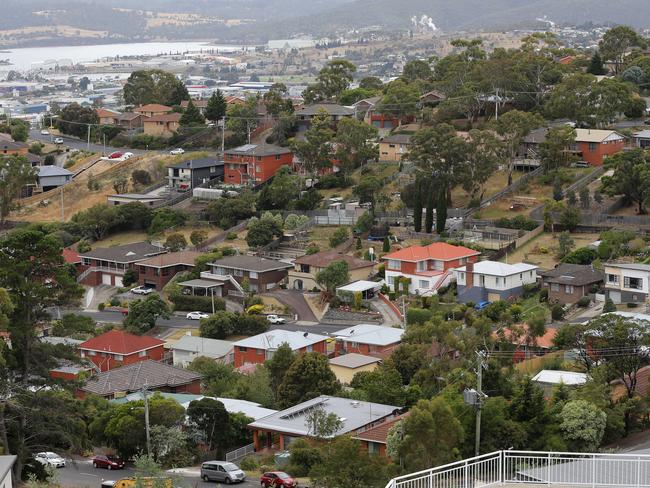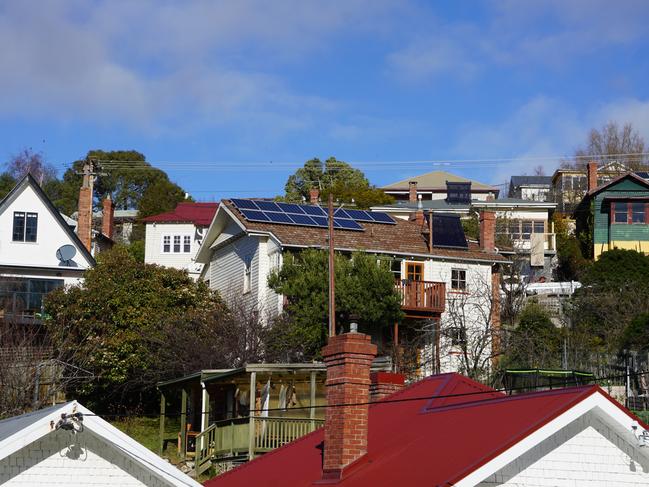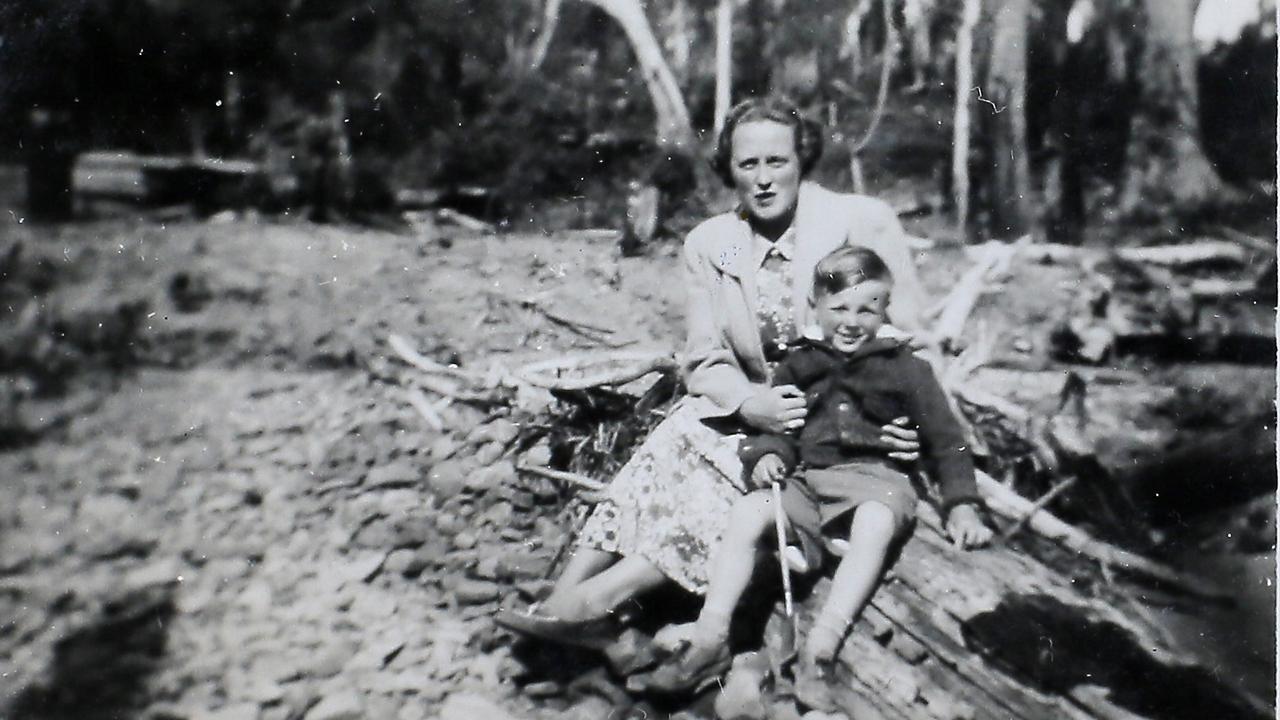Talking Point: Don’t blame landlords for Hobart house crisis
TONY COLLIDGE: The housing shortage is often blamed on greedy landlords, but private housing has been propping up the under-supply of public housing

Opinion
Don't miss out on the headlines from Opinion. Followed categories will be added to My News.
OUR community has wide and varied views on housing and what remedies may alleviate the stresses we face. Many want to put the blame at the feet of “greedy landlords” and Airbnb. The University of Tasmania seems to get off lightly and very little is said of government or local council inaction.
For a decade, the private housing sector has supported and carried the under-supply of public/social housing. It is important to differentiate the role of private housing and public housing.
We are told there are almost 4000 people on the public housing waiting list. The vast majority I suspect are relying on private rental to put a roof over their head. ABS data shows that more than 85 per cent of these investment properties are owned by mums, dads or their kids on an average income of less than $85,000, the vast majority owning just one property. Their aim is to hopefully gain a nest egg in retirement and some financial freedom in later life. In most cases they borrow and invest significant sums. And yes, there are some who own many properties.
Public housing is provided by government to a range of people who have difficulty affording private housing. A year ago the Australian Housing and Urban Research Institute estimated Australia’s social housing shortage was 384,600 dwellings, of which Hobart’s share was 5700. Tasmania is not alone, with all states in dire need. Even under the Labor-Green accord we had a public housing waiting list exceeding 2000.
We are a small city with very different characteristics to our mainland counterparts.
Hobart has the smallest ratio of rental properties to privately owned properties of any capital in Australia. Our ratio of 25 per cent is well below Melbourne on 50 per cent and Sydney on 60 per cent. With a large increase in international students and an estimated 3000 additional tourists visiting our state each week, we simply haven’t had the capacity to cope.
Airbnb was born from the need to fill a huge hole in our hotel/motel availability. Contrary to popular opinion, most Airbnbs have not been taken from long-term rental stock and I suspect would not move into the long-term rental market if legislation was introduced to quell its numbers. In saying that, with several hotels coming online it may be an appropriate time for government to consider placing a control on numbers.

Our real estate market is controlled locally with 84 per cent of sales by Tasmanians, 15.4 per cent mainland purchasers and just 0.6 per cent foreign buyers.
Add a growing confidence in Tasmania which has seen growing job opportunities and the option to enjoy a lifestyle that is second to none, and we have another set of circumstances that not only keeps people but attract others to move here.
We still have the cheapest housing in Australia and this too attracts people.
Unfortunately, such growth has left us with no wriggle room and the outcome has been significant increases in property prices and rents.
There is no quick fix. The State Government has to build public housing that will occupy an area similar in size to Howrah. This will be a monumental feat given the current public tendency to oppose most public housing ventures. With the building industry production levels at or near capacity I find it hard to see how we can construct the number of properties we need. To solve this problem the government must prioritise works.
Further, we need a Greater Hobart Infrastructure Authority that can look at housing, water, power supply, and traffic and transport issues. The catalyst for most of the delay lies at the feet of an inept Planning Scheme which needs to be separated from local government control. Planning must provide certainty for all. It should be definite in structure and substance; be objective and concise not open to discretion or interpretation; be a process with little need for consultation and most importantly provide much quicker outcomes.
While government and the private sector aren’t able to build accommodation at the levels required, we need to get used to the idea that housing prices and possibly rents will continue to increase while a shortage exists.
Those seeking to put clamps on rents and vary leasing terms may find such attempts could backfire and lead to fewer rental properties. Last year Tasmania had a 22.6 per cent drop in residential investment numbers. One reason is that there are better opportunities in residential markets outside Tasmania but I also think there is a growing feeling that in Hobart we are anti-residential development. We need to encourage growth, not hinder it.
Private housing has done its utmost to help and support the public system.
Resolving homelessness and an overwhelming demand for public housing rests with government, and its willingness to find a way to resolve this problem.
The shortage of housing is not the fault of the mums and dads investing in private housing, it is that of politicians, councillors and bureaucrats who talk the talk but refuse to walk the walk.
Tony Collidge is past president of the Real Estate Institute of Tasmania, a real estate agent of 26 years and a land developer.


